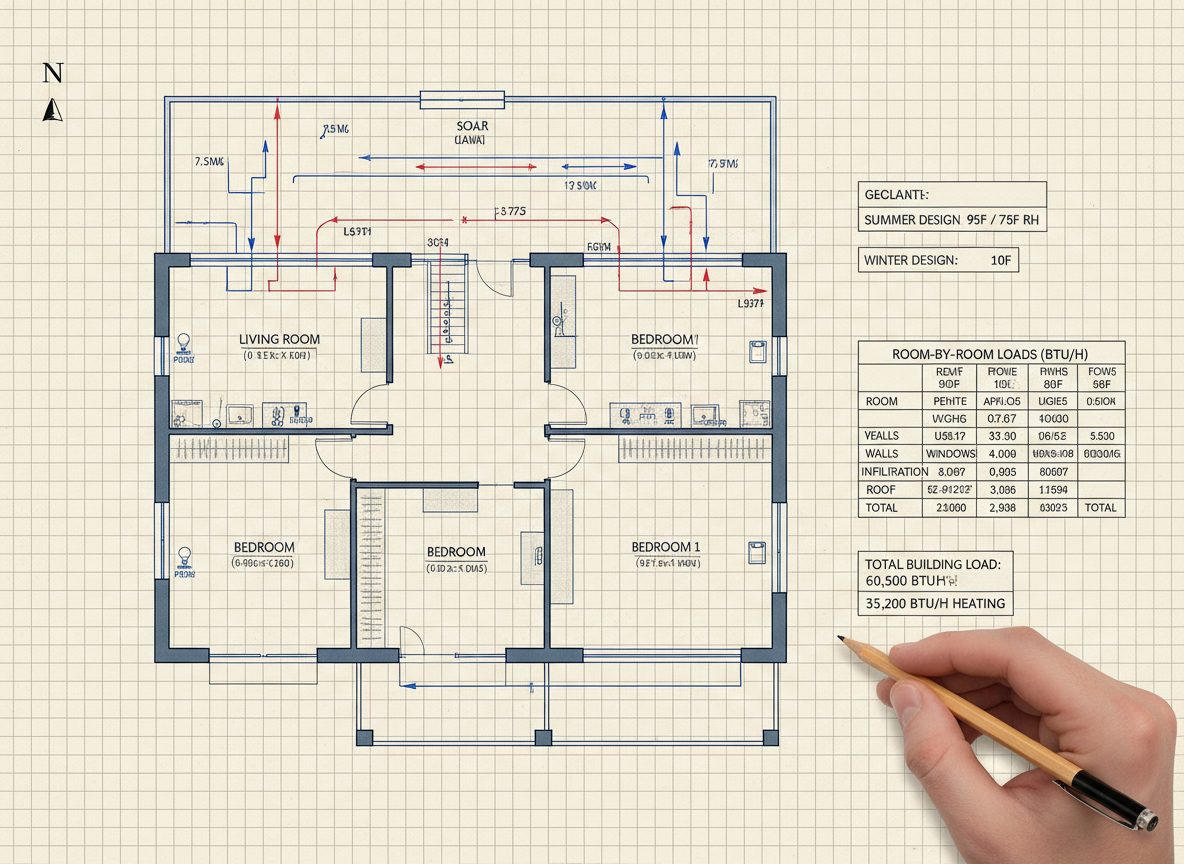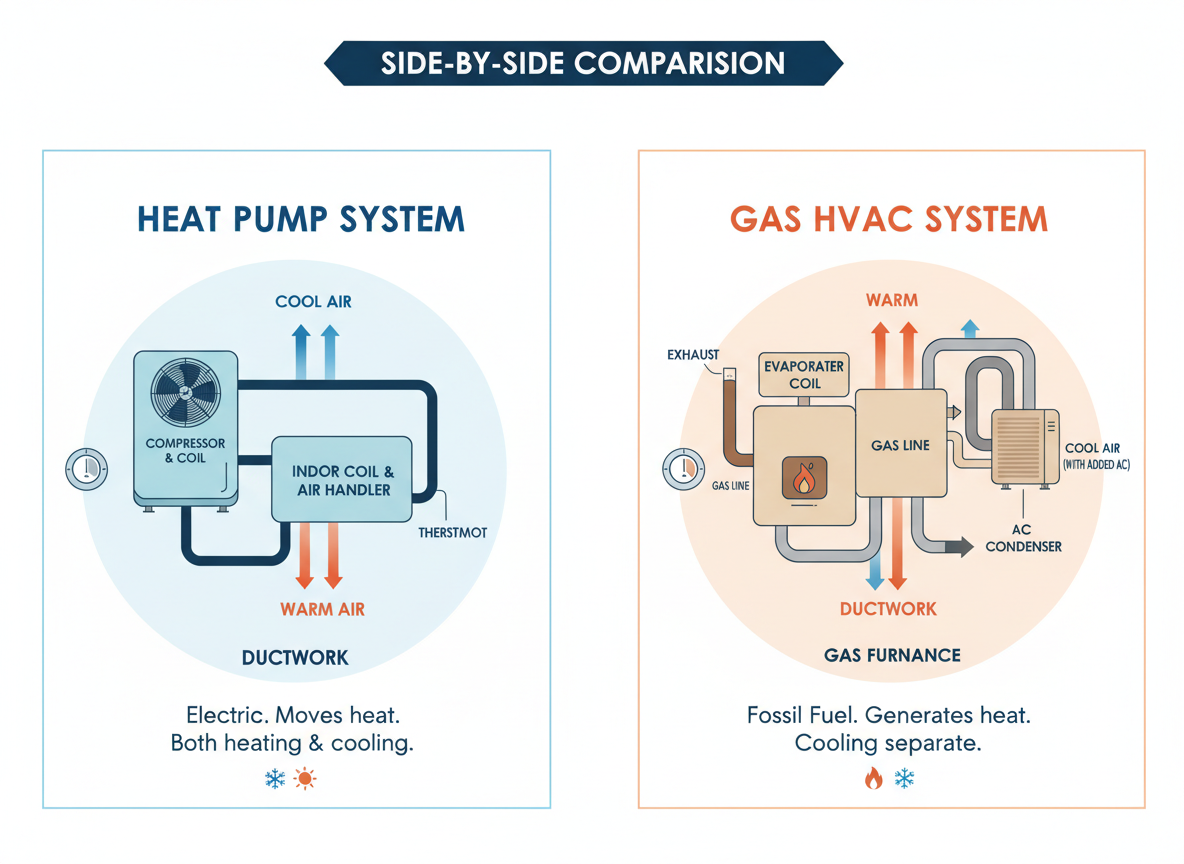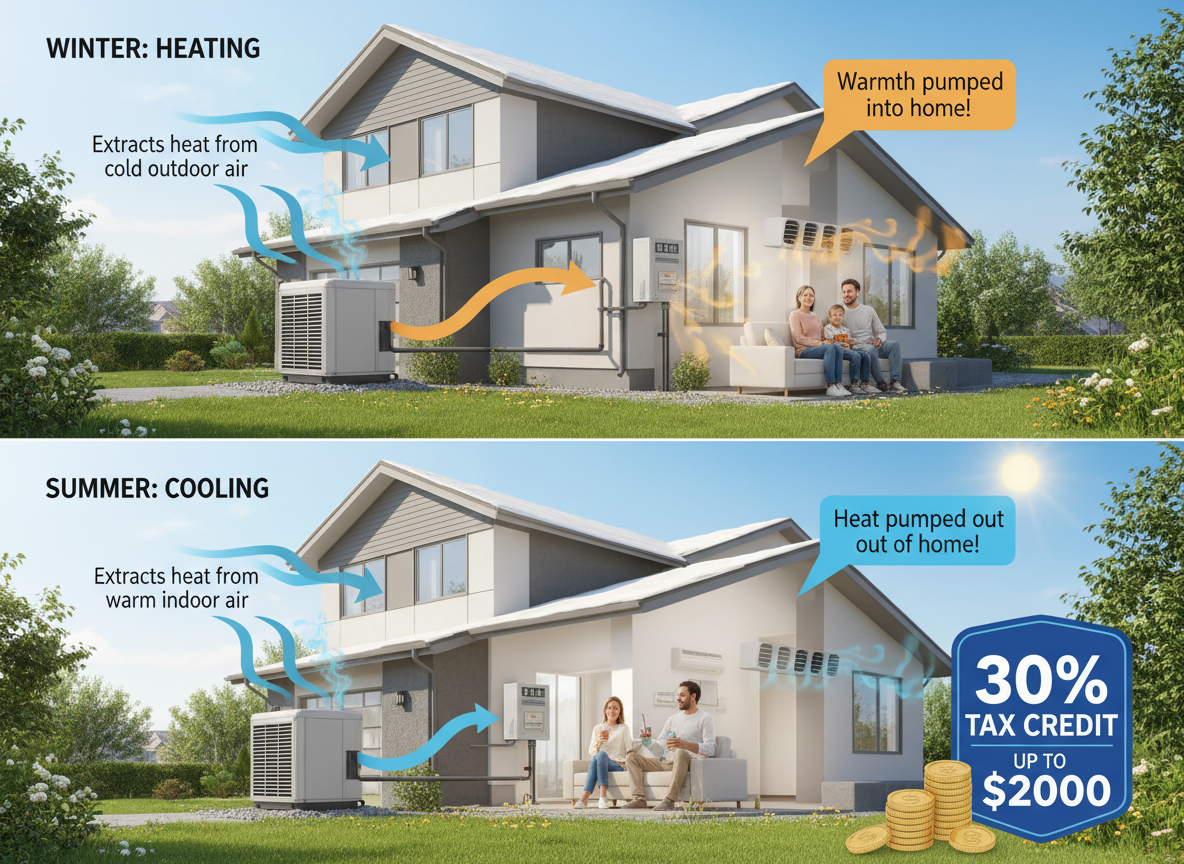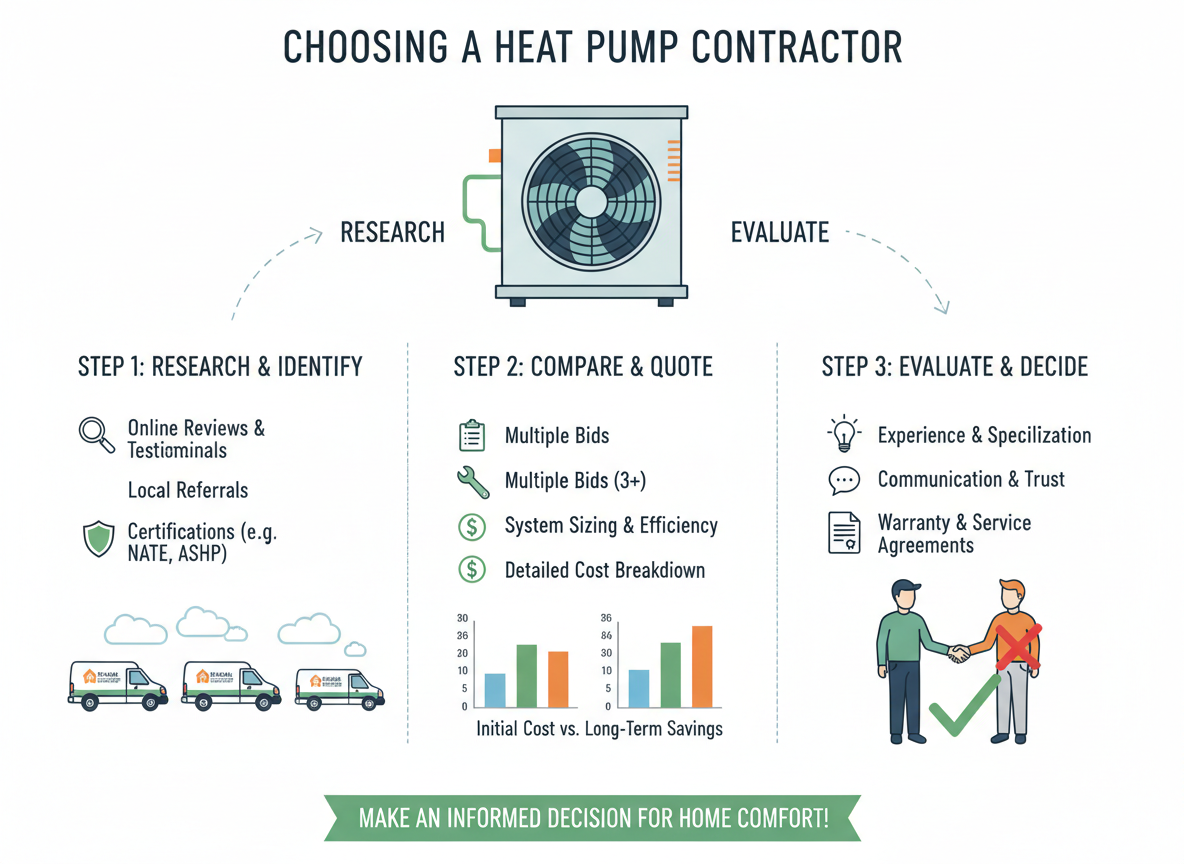
Optimizing IAQ (indoor air quality) is a critical aspect of creating a healthy and comfortable living or working environment. One of the key contributors to IAQ is proper ventilation, and HVAC systems play a pivotal role in ensuring adequate and efficient ventilation. In this article, we will discuss the significance of ventilation in maintaining good indoor air quality, discuss the role of HVAC systems, and explore strategies to optimize airflow for improved IAQ.
Why Ventilation Matters for Indoor Air Quality
Ventilation means bringing in fresh air from outside and pushing out stale, polluted air from inside. It’s one of the most important ways to keep the air in your home or building clean and healthy. Here’s why good ventilation is important:
1. Gets Rid of Pollutants
Fresh air helps remove things like dust, allergens, bad smells, and volatile organic compounds (VOCs)—tiny particles from cleaning products, paint, and furniture. This makes your indoor air much safer to breathe.
2. Controls Moisture
Ventilation helps keep the right humidity level in your home. Too much moisture can lead to mold and mildew, which are harmful to your lungs and can damage your home. Good airflow keeps humidity in check and helps prevent these problems.
3. Brings in Fresh Oxygen
Air inside your home can get stale, especially in tightly sealed buildings. Bringing in outdoor air adds more oxygen and pushes out the stuffy air, making your space feel fresher and more comfortable.
How HVAC Systems Help with Ventilation
Your HVAC system (heating, ventilation, and air conditioning) does more than just heat and cool your home. It also helps clean and move air through your space.
Helps Exchange Indoor and Outdoor Air
HVAC systems pull in air from outside and push out indoor air, helping to keep the air clean and full of oxygen.
Filters Out Harmful Particles
Modern HVAC systems have air filters that trap dust, pollen, pet dander, and other harmful particles. Just remember to check and replace filters regularly!
Offers Different Ventilation Settings
Many systems let you choose different ventilation modes—like constant air flow or scheduled cycles—depending on what your space needs.
Easy Ways to Improve Airflow and Indoor Air Quality
✅ Get Regular HVAC Maintenance
Have a professional check your system often. Make sure filters are clean and that everything is working properly. This keeps your air cleaner and your system running smoothly.
✅ Use Exhaust Fans in Moist Areas
Turn on fans in your bathrooms and kitchen to remove extra moisture and smells. These fans help reduce the risk of mold and keep the air fresh.
✅ Balance the Airflow
Make sure air is flowing evenly throughout your home or building. If one room feels stuffy or too cold, your system might need adjustments to balance the airflow.
✅ Check Outdoor Air Quality
If you live in an area with lots of air pollution, try to limit how much outside air your system pulls in on bad air days. You can use air purifiers or adjust your system's settings when needed.
✅ Use Smart Air Quality Tools
Smart thermostats and sensors can track things like humidity, temperature, and air quality. These tools can adjust your system automatically to improve ventilation and keep your air clean.
Indoor Air Quality Contractor
In conclusion, ventilation is a crucial factor in maintaining good indoor air quality, and HVAC systems are at the forefront of ensuring effective ventilation. By understanding the significance of ventilation, homeowners and building managers can implement strategies to optimize airflow, creating a healthier and more comfortable indoor environment for occupants.
Regular maintenance, proper system settings, and the integration of smart technologies are key steps in achieving enhanced IAQ through ventilation. If you're looking to schedule AC repair, heating repair, or routine maintenance give us a call today or contact us online.
Optimizing IAQ with HVAC Ventilation Related Posts:






















.png)














